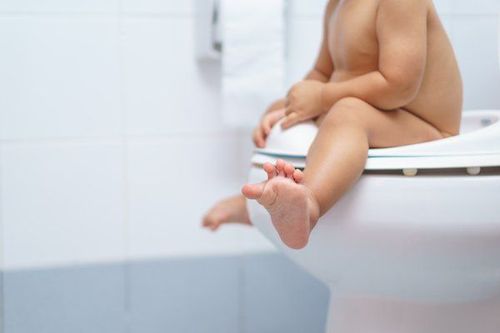This is an automatically translated article.
Patients: 1 male patient (14 years old) and 1 female patient (11 years old).Outcomes after treatment: after giving birth, the patient with an open spine malformation significantly improved the ability to urinate after being treated with mononuclear stem cells from bone marrow.
Diagnosis of the disease: bowel disorders in patients with open spinal malformations.
Treatment method: autologous mononuclear stem cell transplant from bone marrow.
Background of the study: fecal incontinence occurs in 42.2 to 71.2% of children with spina bifida. Traditional treatments, including open spine surgery and physical therapy, do not improve many children's conditions. Therefore, this research report provides a evidence for the significant improvement of bowel control in 2 children with cleft palate treated with mononuclear stem cell transplantation. autologous bone marrow after surgery.
Main report: 2 children – 14 and 11 years old – diagnosed with open spinal malformation who underwent surgical treatment were treated with stem cell transplantation without complications and effects. any women after 21 and 16 months of follow-up, respectively. These patients were able to maintain normal defecation and bladder function, with significantly reduced signs of fibrosis.
Conclusion: In this paper, 2 patients with spondylolisthesis were treated with autologous bone marrow mononuclear stem cell transplantation with significantly improved results without any complications or side effects. .













